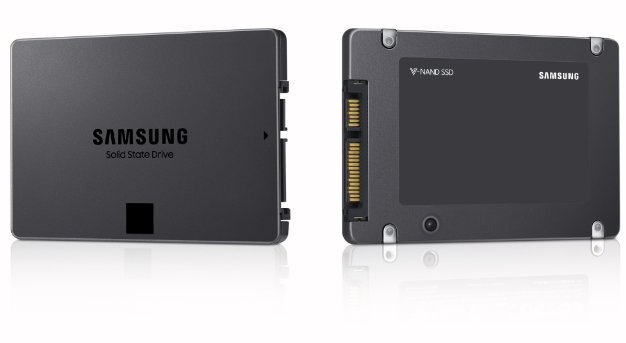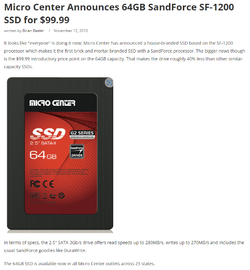- Joined
- Nov 3, 2008
I know Solid State Drives have a shorter life. Some shorter than others.
Here quality matters but the type matters as well. Now that we have the M.2 things have changes a little and the type of chips are varied. And you gotta control the heat.
Read up and understand, one day... it will die. Pay attention and keep it cool it will live linger.
The CPU, GPU and PSU all get a little heated. Here a hot case and dust are your enemy. Keep that case vented and open it up for a good cleaning from time to time.
All of these will last longer than you care to keep them, if you keep them clean.
Good airflow and keeping clean matter. Enjoy your system. Mine are tool and toys, in that order. And I have KILLED them before.
If they die they die.
Yes I saw some threads and just had to do a little PSA.
Here quality matters but the type matters as well. Now that we have the M.2 things have changes a little and the type of chips are varied. And you gotta control the heat.
Read up and understand, one day... it will die. Pay attention and keep it cool it will live linger.
The CPU, GPU and PSU all get a little heated. Here a hot case and dust are your enemy. Keep that case vented and open it up for a good cleaning from time to time.
All of these will last longer than you care to keep them, if you keep them clean.
Good airflow and keeping clean matter. Enjoy your system. Mine are tool and toys, in that order. And I have KILLED them before.
If they die they die.
Yes I saw some threads and just had to do a little PSA.


